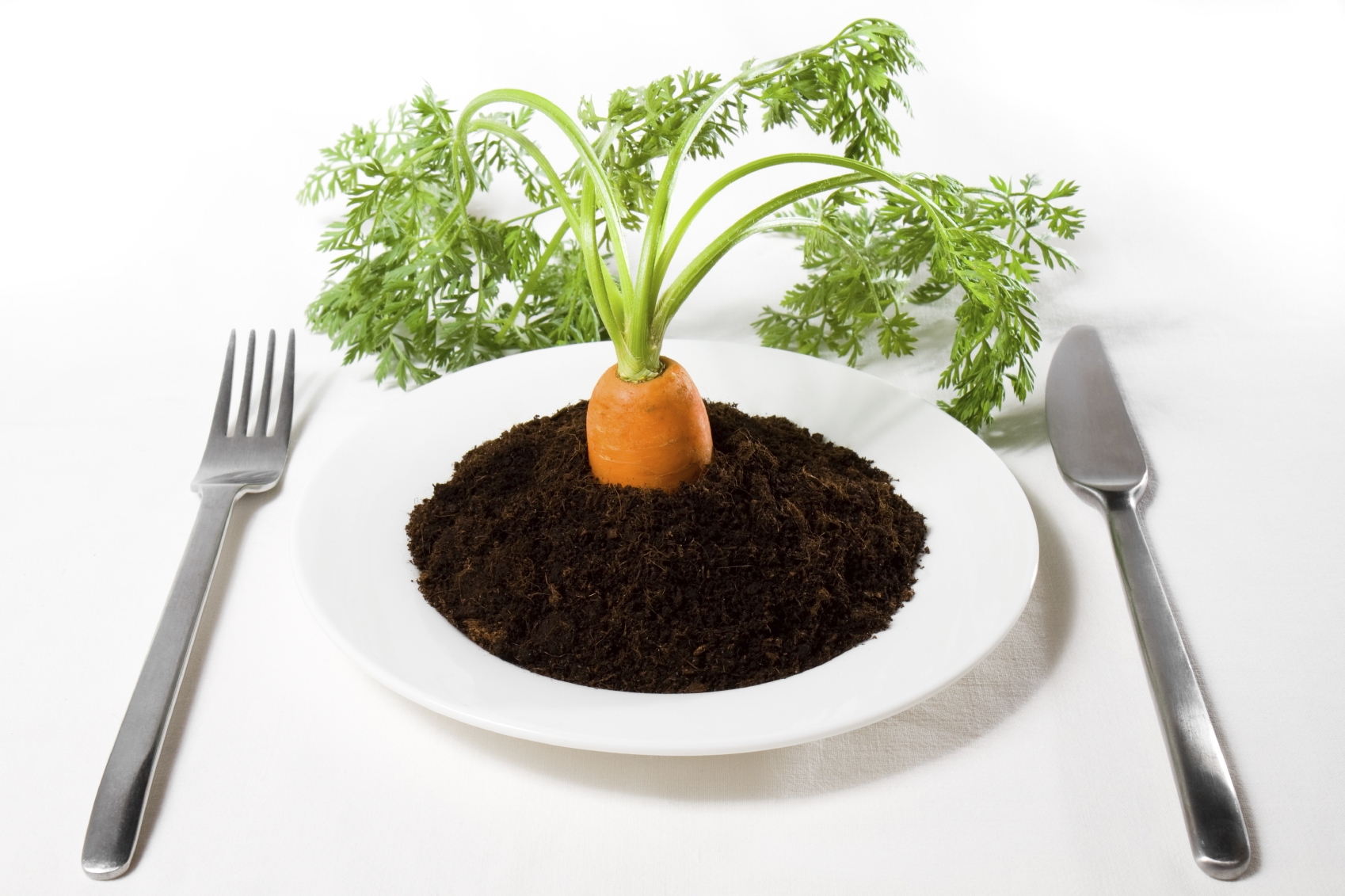Organic Sales Increase 11%, Totaling 5% of Food Sales

Sales of organic food in the U.S. totaled $35.9 billion, an increase of 11% from the previous year, according to Organic Trade Association (OTA). Almost 80% of households in southern states include organic food in their supermarket shopping, while almost 90% do the same on the West Coast and in New England. In 1997, organic food sales only accounted for less than 1% of total food sales in the U.S., but in 2014, it is almost 5% of our food sales.
The OTA report also found that last year American organic producers sold more than $550 million worth of product, which solidified the U.S. as the global supplier for fresh organic produce. However, imports totaled $1.3 billion in 2014. This shows that there is a large market for U.S. organic products all over the world, which is good for American producers, but they may not be capitalizing on the opportunities right in their own country. The second-largest organic crop imported by the U.S. is soybeans, while the U.S. is the world's largest soybean grower. Similarly, the U.S. leads the world in corn production, but organic corn is the tenth most imported organic food product. Apples, lettuce, grapes, spinach and strawberries are the top five organic products exported by the U.S, while the top five imported products are coffee, soybeans, olive oil, bananas and wine.
USDA numbers also show that the number of domestic certified organic operations increased by more than 5% over the last year, with 19,474 certified organic operations in the U.S. and 27,814 certified organic operations globally. Since 2002, domestic organic operations increased by over 250%. USDA is also developing an Organic Integrity Database, to launch in September 2015, which will enable anyone to confirm organic certification status, and will provide other sorts of data about organic producers.
This increase in organic food consumption may be because a majority of Americans now believe organic foods are healthier in comparison to non-organic products, according to a Harris Poll. The problem is, though, that Americans seem to be unable to make up their minds on organic foods. A majority of consumers also believe that the organic claim just enables companies to charge more for food, and it is not fresher, nor does it taste better.
Almost 40% of organic buyers are new to the category, says Natural Marketing Institute (NMI), which may explain some of the differences in opinion. There is also a lot of confusion among consumers about what organic means. In NMI's survey, half of respondents incorrectly thought the label "natural" means no pesticides are used, but in reality, only the term "certified organic" actually means that. It seems the inconsistencies are not deterring consumers from buying organic, however, as most in the industry agree that organic foods will only continue to grow in popularity in the future.
The OTA report also found that last year American organic producers sold more than $550 million worth of product, which solidified the U.S. as the global supplier for fresh organic produce. However, imports totaled $1.3 billion in 2014. This shows that there is a large market for U.S. organic products all over the world, which is good for American producers, but they may not be capitalizing on the opportunities right in their own country. The second-largest organic crop imported by the U.S. is soybeans, while the U.S. is the world's largest soybean grower. Similarly, the U.S. leads the world in corn production, but organic corn is the tenth most imported organic food product. Apples, lettuce, grapes, spinach and strawberries are the top five organic products exported by the U.S, while the top five imported products are coffee, soybeans, olive oil, bananas and wine.
USDA numbers also show that the number of domestic certified organic operations increased by more than 5% over the last year, with 19,474 certified organic operations in the U.S. and 27,814 certified organic operations globally. Since 2002, domestic organic operations increased by over 250%. USDA is also developing an Organic Integrity Database, to launch in September 2015, which will enable anyone to confirm organic certification status, and will provide other sorts of data about organic producers.
This increase in organic food consumption may be because a majority of Americans now believe organic foods are healthier in comparison to non-organic products, according to a Harris Poll. The problem is, though, that Americans seem to be unable to make up their minds on organic foods. A majority of consumers also believe that the organic claim just enables companies to charge more for food, and it is not fresher, nor does it taste better.
Almost 40% of organic buyers are new to the category, says Natural Marketing Institute (NMI), which may explain some of the differences in opinion. There is also a lot of confusion among consumers about what organic means. In NMI's survey, half of respondents incorrectly thought the label "natural" means no pesticides are used, but in reality, only the term "certified organic" actually means that. It seems the inconsistencies are not deterring consumers from buying organic, however, as most in the industry agree that organic foods will only continue to grow in popularity in the future.
No comments:
Post a Comment